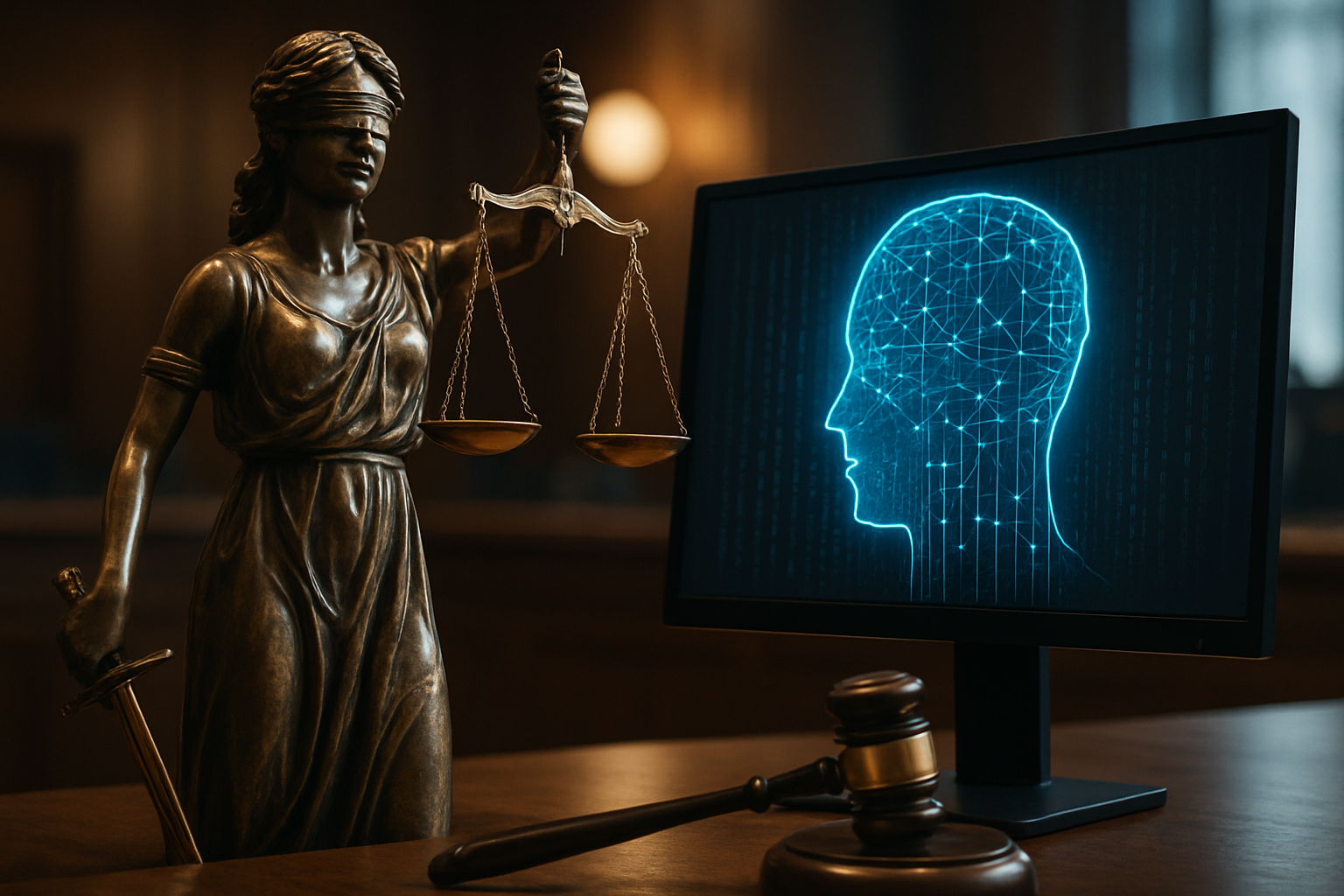Biometric Data in Legal Proceedings: A Digital Fingerprint
Introduction: In the digital age, biometric data has emerged as a powerful tool in legal proceedings, revolutionizing how evidence is collected and presented in courtrooms. This article explores the intricate relationship between biometric technology and the justice system, examining its potential benefits and the complex legal challenges it presents.

Legal Framework and Admissibility
The use of biometric evidence in courtrooms raises important questions about its admissibility and reliability. Courts must grapple with establishing standards for the collection, storage, and presentation of biometric data. The Daubert standard, which guides the admissibility of expert testimony in federal courts, plays a crucial role in determining the scientific validity of biometric evidence. Judges must carefully evaluate the methodologies used to collect and analyze biometric data to ensure its probative value outweighs any potential prejudicial effect.
Constitutional Implications
The collection and use of biometric data in legal proceedings intersect with fundamental constitutional rights, particularly those protected by the Fourth and Fifth Amendments. Questions arise regarding the extent to which law enforcement can compel individuals to provide biometric data without violating their right against self-incrimination or unreasonable searches and seizures. Courts across the country have grappled with these issues, leading to a patchwork of rulings that highlight the need for clearer legal guidelines in this rapidly evolving field.
Ethical Considerations and Bias
As biometric technology becomes more sophisticated, concerns about potential biases and ethical implications have come to the forefront. Studies have shown that some facial recognition algorithms exhibit racial and gender biases, raising questions about the fairness and accuracy of such evidence in legal proceedings. Additionally, the collection and storage of biometric data raise privacy concerns, particularly regarding the potential for misuse or unauthorized access. Legal professionals and policymakers must address these ethical considerations to ensure the responsible use of biometric evidence in the pursuit of justice.
International Perspectives and Cross-Border Challenges
The use of biometric data in legal proceedings is not limited to domestic cases. In an increasingly globalized world, cross-border investigations and international legal cooperation present unique challenges when it comes to biometric evidence. Different countries have varying laws and regulations governing the collection and use of biometric data, which can complicate international cases. Harmonizing these approaches while respecting national sovereignty and individual rights remains a significant challenge for the international legal community.
Future Directions and Legal Adaptations
As biometric technology continues to advance, the legal system must evolve to address new challenges and opportunities. This may include developing specialized training for judges and attorneys to better understand and evaluate biometric evidence, establishing clear guidelines for the use of emerging technologies like DNA phenotyping, and creating robust safeguards to protect individual privacy rights. The intersection of law and biometric technology will likely remain a dynamic and contentious area, requiring ongoing dialogue between legal professionals, technologists, and policymakers to strike the right balance between technological innovation and legal principles.
In conclusion, the integration of biometric data into legal proceedings represents a significant shift in how evidence is collected, analyzed, and presented in courtrooms. While offering powerful new tools for law enforcement and the justice system, it also raises complex legal and ethical questions that must be carefully addressed. As technology continues to advance, the legal community must remain vigilant in adapting its practices and principles to ensure that the use of biometric evidence serves the interests of justice while protecting individual rights and liberties.




